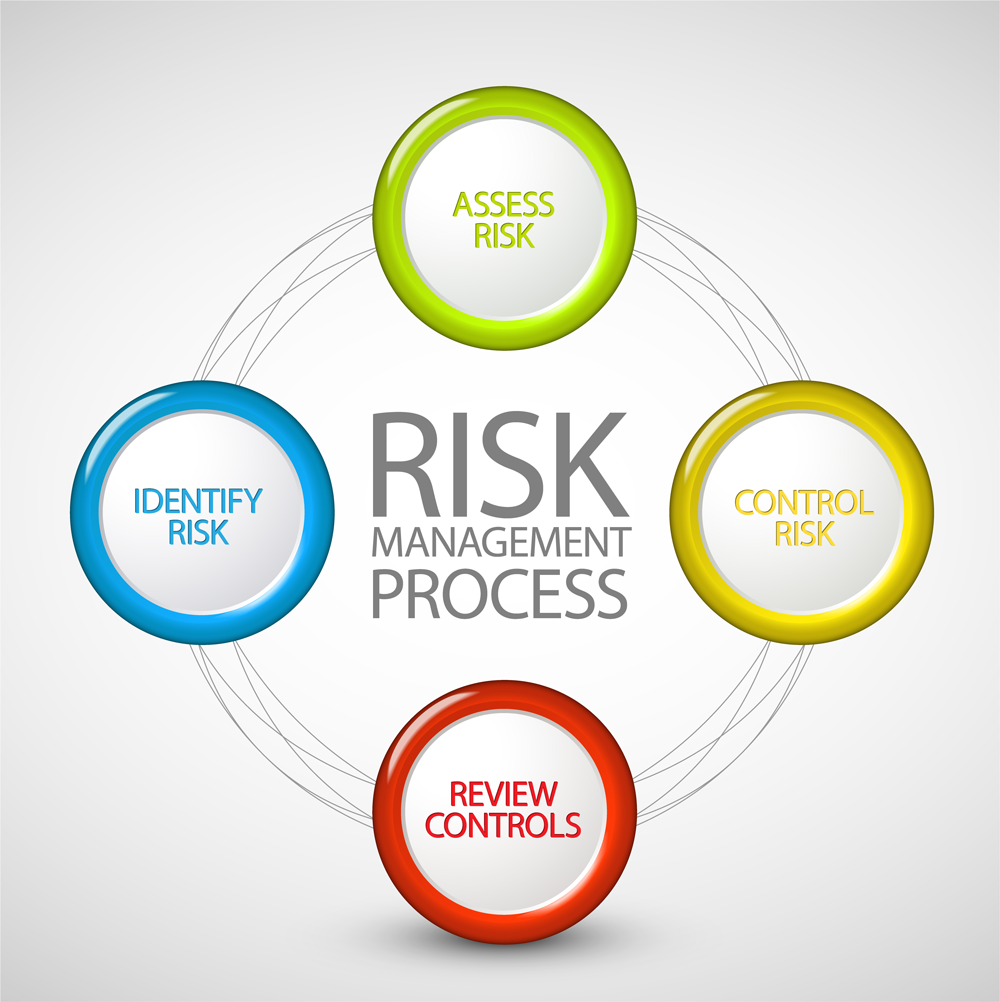
There are several disadvantages that can occur from the implementation of information systems. G Dhillon and J Backhouse conflict with the organizational policy.

There were defined the exact risk factors.
Risks of information systems. Furthermore risk factors initially associated with one type of system eg. ERP implementation are often equally relevant at other levels eg information systems projects or work systems in general. Over half of the risk factors in a representative sample of the IS risk literature are valid for work systems in general.
This conclusion is a step toward useful risk diagnostic tools based. Unemployment and lack of job security implementing the information systems can save a great deal of time during the completion of tasks and some labor mechanic works. Most paperworks can be processed immediately financial transactions are automatically calculated etc.
There are countless risks that you must review and its only once youve identified which ones are relevant that you can determine how serious a threat they pose. You can find more advice on how to assess your information security risks by reading our free whitepaper. 5 Critical Steps to Successful ISO 27001 Risk Assessments.
Implementation of a management information system was considered fraught with uncertainty according to Alter and Ginzbergs article they identified top risks faced information systems as. 1 lack of designer experience with similar systems 2 nonexistent or unwilling users 3 multiple users or designers 4 turnover among users designers or. Positive and Negative Impact of Information Systems October 27 2018 by Alan Behrens The information system is a vital cog when it comes to development.
Information technology and the various information systems are pivotal to the development of any nation as a whole. Risk of systems failure and communication network failure due to power fluctuations and absence of effective UPS protection. Hardware or LAN Failure.
Loss of data due to inadequate backup facility or procedure. Poorly trained poorly skilled IT staff that lack sufficient knowledge. There are several disadvantages that can occur from the implementation of information systems.
The impact can influence human culture and even country. Lack of Work Security and Unemployment From the negative impacts of the information systems the main concern is on the change of the manual work done by employees are being replaced by computer systems. Also defective information systems can deliver the wrong information to other systems which could create further problems for the company and its customers.
Furthermore systems are vulnerable to hackers and fraud. Information systems may not always function properly. There were defined the exact risk factors.
System design and implementation. Problems in requirement identification. Project management and governance.
Problems in managing project risk. Problems in project monitoring control and managing changes. Problems in project governance.
And contract management. Risk Assessment of Information Technology Systems Božo Nikoli ć and Ljiljana Ruži ć-Dimitrijević The Higher Education Technical School of Professional Studies Novi Sad Serbia direktorvtsnsedurs. Ljagaeunetrs Abstract Risk assessment is a structured and systematic procedure which is.
The objective of the information system was clearly in 69 Risks in the use of IT within organizations. G Dhillon and J Backhouse conflict with the organizational policy. The National Health Service in general and the Hospital Trust in particular were striving to move the long-stay patients out into the community.
Risk is an event or condition which could happen and its apperance if happens has a harmful influence on the project. Ozren Durkovic 2009 Some of the general risks in Information system development projects are. Risks relating to acoordance with project goals.
Technology IT systems1 to process their information for better support of their missions risk management plays a critical role in protecting an organizations information assets and therefore its mission from IT-related risk. IT risks are just one piece of the overall complex interconnectivity of people processes infrastructure and enterprise risk environ - ment that exists and should be managed as a whole by the organization. Internal auditors need to understand the range of controls available for mitigating IT risks.